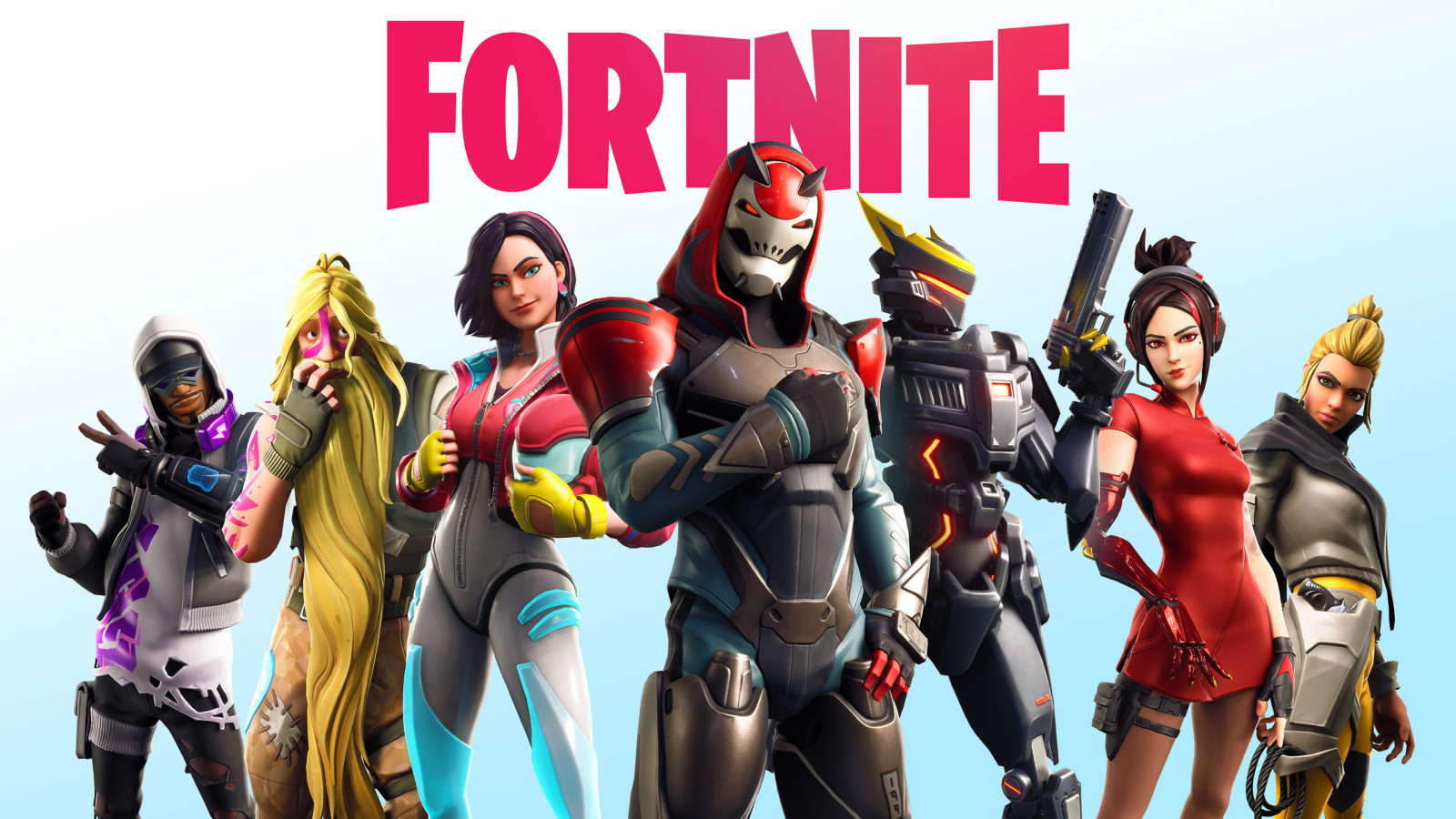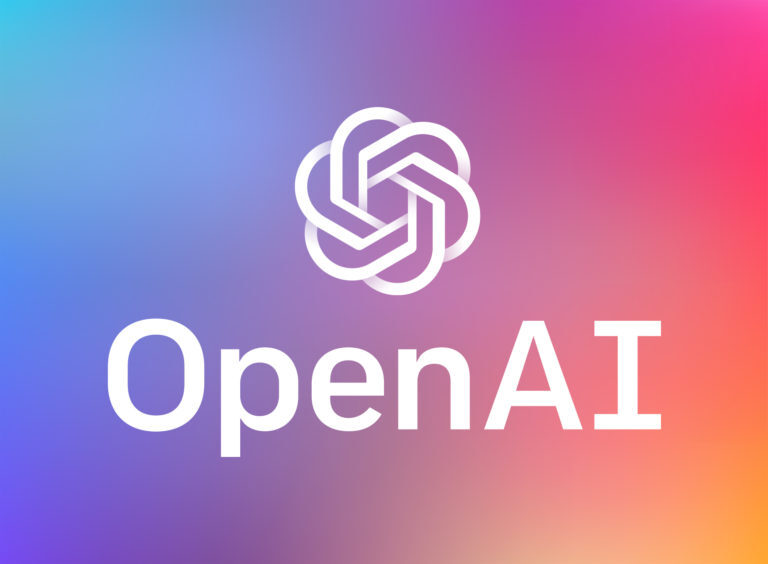Epic and Apple both shoot themselves in the foot.
- Both Apple and Epic have done more damage to themselves than to each other as the confrontation rolls around into the countersuit stage.
- Apple has countersued Epic games seeking both monetary and punitive damages for Epic’s conduct and on the bare facts of the issue, there is a case to answer.
- However, at the same time, Apple has embellished its response and counterclaims with statements and assertions that are questionable and designed to play to the emotions of the court rather than to its rationality.
- Apple’s main complaint is that although the Fortnite app can no longer be downloaded, those that already have the app are able to make use of Epic’s alternative payment mechanism and thereby circumvent Apple’s 30% revenue share.
- Regardless of who is right in this dispute, this represents a breach of contract on Epic’s part which I think will hurt its case in the longer run.
- This is because when a rule or a law is wrong, the correct action is to get the law or rule changed rather than just breach it anyway.
- This demonstrates a disregard for the rules of conduct for business and I think this gives Apple a weapon to use when it comes to convincing the court that Epic is a bad business actor.
- However, Apple then trips itself up by making a number of highly questionable assertions:
- First: “it [Epic] is a multi-billion dollar enterprise that simply wants to pay nothing for the tremendous value it derives from the App Store”.
- This statement is false. Epic does not want the App Store to be free to developers. It wants it to be cheaper.
- If the App Store was free, then its own payment mechanism would also have to be free for developers which is not its goal at all as it would end up costing it money.
- Second: “Epic has taken advantage of Apple’s support and services more than any other app developer for the past two years”.
- Epic has not taken advantage of Apple’s support and services, it has paid for them through the revenue share arrangement.
- Epic’s case centres around the notion that it has paid too much and that it would like to see alternative payment mechanisms being made available so that it and other developers pay less.
- Third: “Apple put it [Fortnite] in the spotlight, providing free promotion and favourable tweets, ultimately sending over 500 million marketing communications to end-users”
- This marketing was not done on behalf of Epic.
- It was done to capitalise on the popularity of Fortnite being available in the app store to drive adoption and sales of iOS devices.
- It was predominantly self-serving although Epic would also have benefitted.
- Fourth: “Left unchecked, Epic’s conduct threatens the very existence of the iOS ecosystem and its tremendous value to consumers”.
- This statement is ridiculous, and I think it undermines the credibility of many of Apple’s other legitimate complaints as it is clearly designed to appeal to the emotions of the court and comes with no supporting reason or evidence.
- When the App Store was first created it carried over the 30% revenue share from iTunes that was designed to ensure that the App Store would pay for itself.
- At the time it was never designed to become a profit centre in its own right because Apple was already monetising the value that app store brings through the premium price of the devices.
- However, the App Store has become far bigger than anyone ever imagined, and I am certain that it has gone from break-even to a vast generator of profit and cash flow.
- This is what the argument is all about and Apple is correct in its opening statement that this really boils down to a dispute over money.
- However, if free competition for payment mechanisms was allowed with the iOS ecosystem, all that would happen is that Apple’s commission would come down and the margin that it makes on the App Store would also be reduced.
- The absolute worst case for Apple in this scenario would a return to break-even.
- This is because, at a price that would be break-even for Apple, everyone else would very likely be losing money meaning that the commission would stop falling.
- I think Apple has a legitimate complaint here, but its portrayal of itself as being under existential threat is like a nuclear-armed superpower claiming it is being threatened by Luxembourg with a peashooter.
- Hence, the scene is set for a right Battle Royale where only the lawyers end up winning but it will make a great spectator sport.
- I still think that Epic and Apple will reach a settlement of some kind where Epic gets some degree of special treatment along the lines of Amazon Prime.
- The net result is that the app store business model will end up being reformed as it is clearly out of date and a lower revenue share is the most likely result.
- Developers and users will be the main beneficiaries.










Blog Comments
Colin
September 9, 2020 at 9:13 pm
I think your guess at App Store profitability may be too high. On this web page, for Apple’s pricing schemes, search for ’84% of apps are free’. As the Apple Fortnite row progresses, it will be very interesting to see how the revenue and margin split between the different pricing schemes.
RICHARD WINDSOR
September 11, 2020 at 6:39 pm
I dont think so because although 84% apps are free… the real money is made from “free” apps that have an in app purchase element. this is where almost all the revenue comes from now.
we will see in the court documents as all this stuff will have to be disclosed..